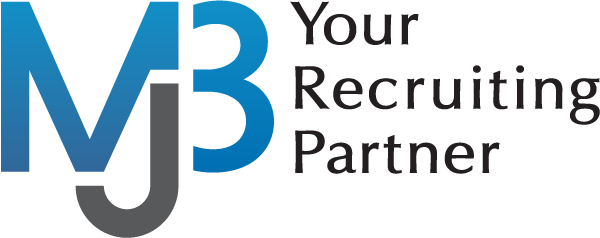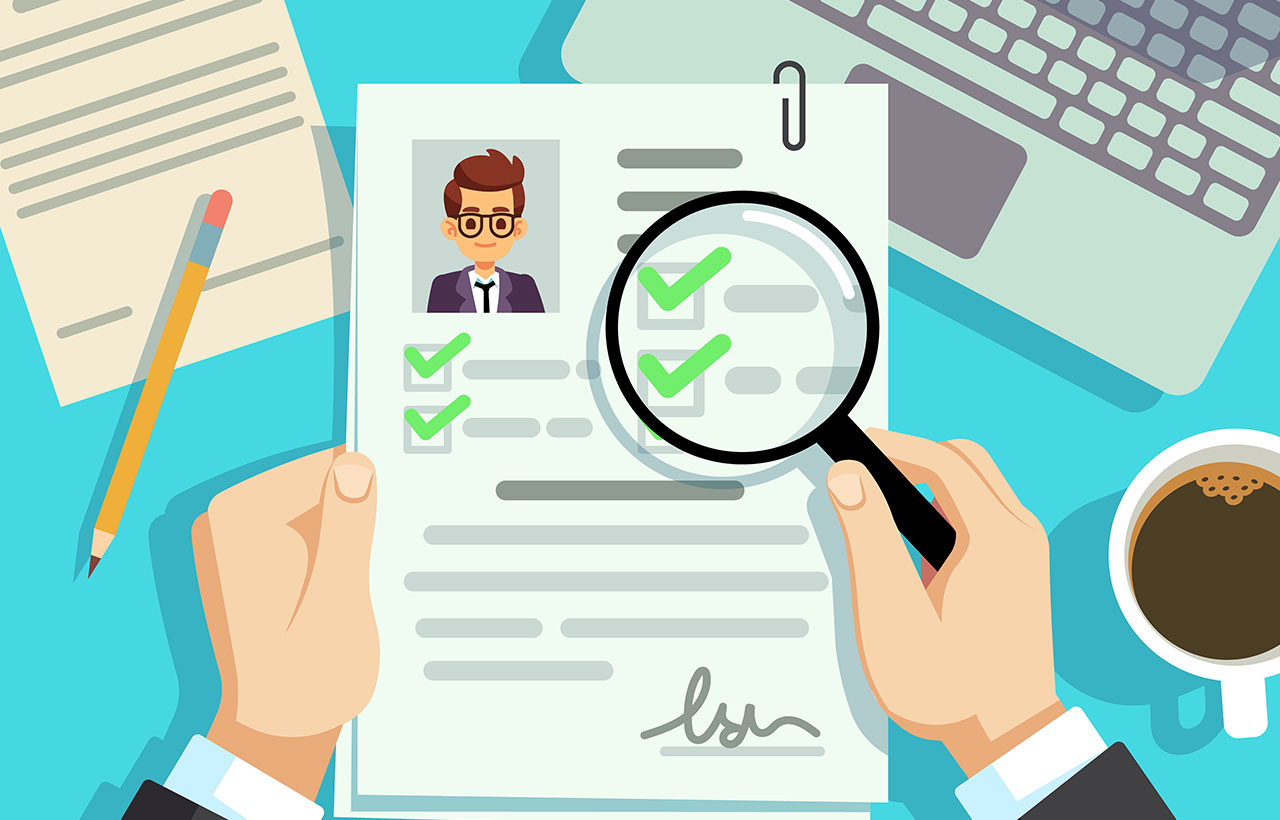A successful interview, like a good relationship, is a two-way street: Both parties contribute and benefit from the experience.
With a strong recruiting partner, you can count on qualified candidates in your pipeline, but that alone isn’t enough to ensure the best hire. A good interview provides valuable insights into an applicant’s personality and skills to uncover those qualities that will help determine the best fit. Good interviews also provide candidates with insights about your organization to assess factors such as compatibility, growth potential, and management style.
Making the best hiring decision has always been important, and getting your first-choice candidate to join your team is crucial these days, given the competitive talent market. From an applicant’s first contact with a recruiter and throughout the application process, your company must be well represented. During the interview, smart hiring managers focus on the positives of the organization while also being honest about its challenges. These factors, along with discovering more about the person behind the resume, will result in the best possible outcome. A relationship built on falsehoods or disrespect is destined to fail, but one built on authentic interaction and mutual respect, while not foolproof, will lead to excellent hiring decisions.
Before you post the job description, know the role and be able to identify the skills and traits you seek in addition to the competencies required. What type of person will best fit your culture? What are the soft skills required to be successful in this role? What are the must-haves to meet your needs? Many employers seek skills such as good communication, team player, and problem-solving along with traits that include a strong work ethic and commitment, but culture and roles are unique, so priority skills and traits will vary.
Follow these guidelines to ace your interviews, discover insights about your applicants, and leave them with a positive impression of your opportunity:
First, be prepared: As mentioned above, know your role. Also, review the resume before the applicant arrives, be punctual, fully attentive, and offer accurate specifics about the opportunity, the team, and your hiring process.
Second, ask the same open-ended questions to all applicants, listen with total attention, and briefly note their answers while also maintaining eye contact. Questions that enable candidates to expand on their experiences, interests, as well as personal and professional goals reveal who they are, providing a greater understanding of how they will fit with the team and meet the needs of your organization. Immediately after each interview, complete a scorecard rating the candidate’s strengths and weaknesses re priority skills, as well as key takeaways. Grade each applicant and why they earned it. Notes and a scorecard on each finalist documents the interview, so you don’t have to rely on memory when it’s time to make a decision.
Finally, collaborate with your hiring team to compare each candidate’s application materials, interview notes, and scorecards. Then make your best hiring decision based on a thorough process and a good interview.
Up Next: Interview questions that reveal what you need to know.

